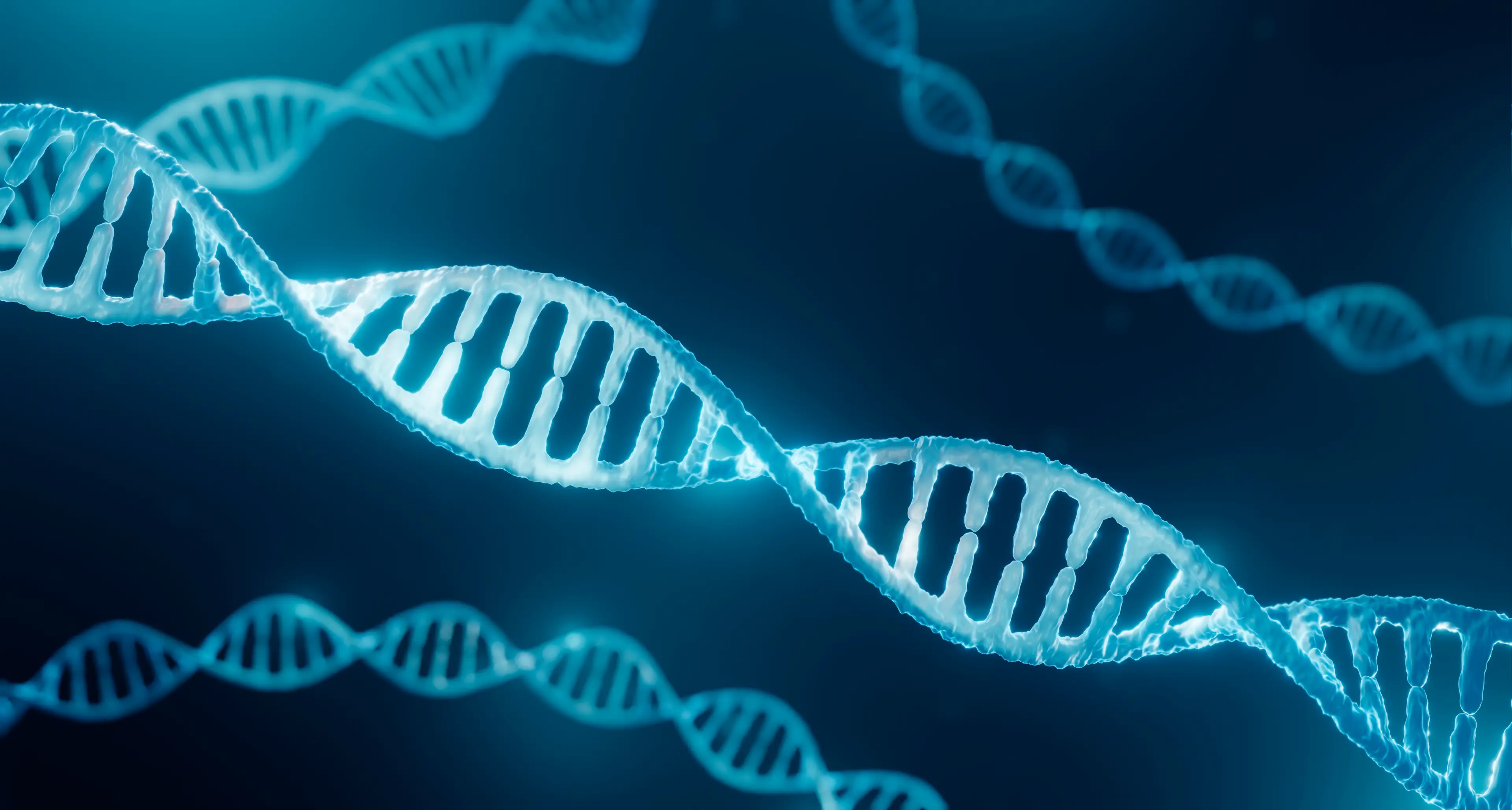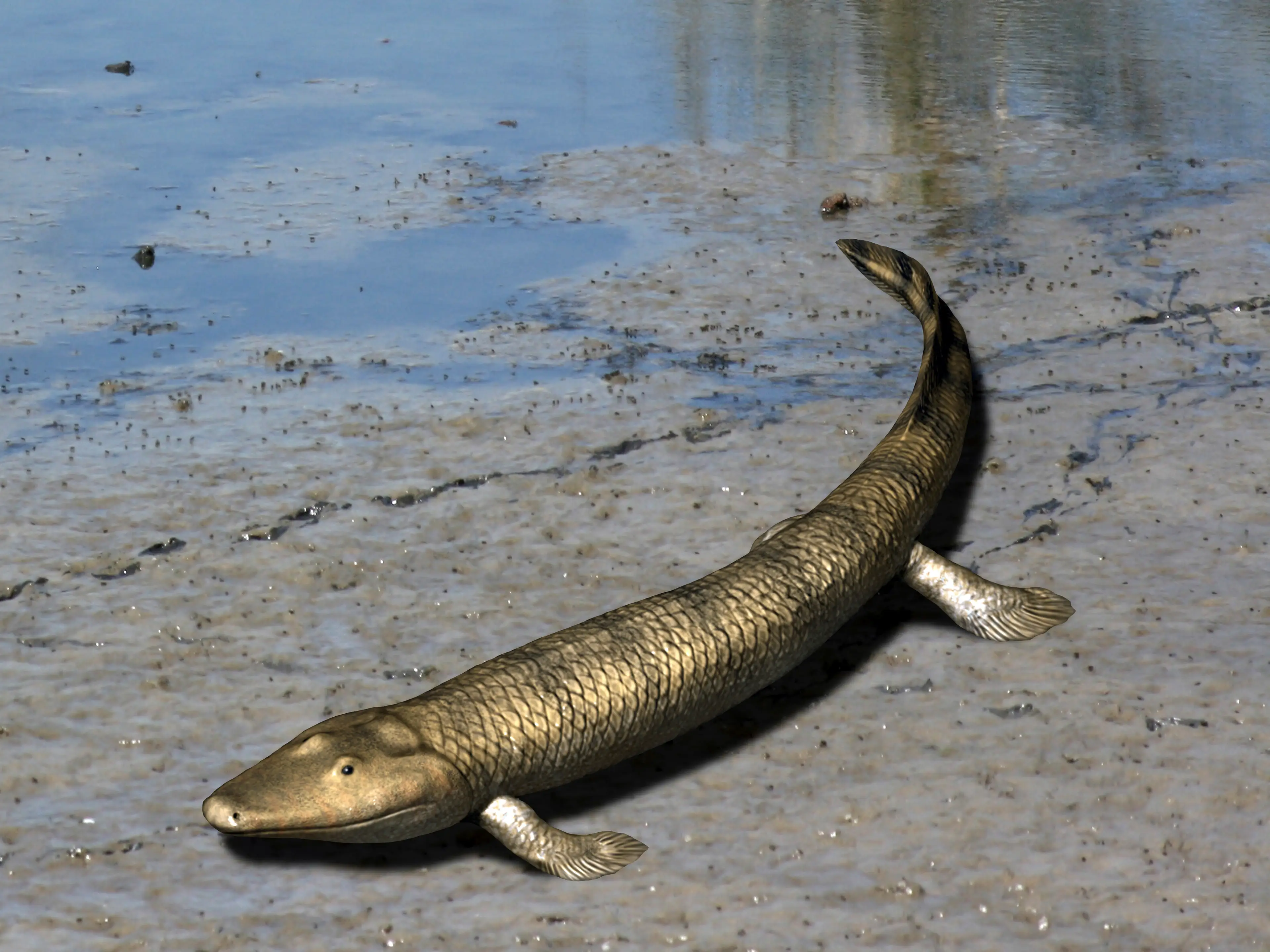
We've been there, maybe you scarf down your dinner too quickly, or drank some water and it went down the wrong way, or you even just woke up.
However it originated, the fact is that you woke up with hiccups, and now you're stuck with them.
For most people they are a simple annoyance, interrupting conversation or embarrassing you.
Advert
For others though, they can be a significant chronic condition, causing pain and discomfort to patients.
One sufferer, Sierra Pisenti, has particularly bad hiccups which are loud and painful.
They're so bad that a particular bad occurrence of the hiccups can leave Sierra feeling like she's been punched in the chest.
But where exactly do the hiccups originate?

There are a few ideas, but one weird idea is that hiccups have their origins in our evolutionary history. And we're not talking 'Missing Link' evolution, or even when we looked like a cross between a monkey and a lemur.
Nope, not even when the ancestors of our ancestors were scurrying around the feet of dinosaurs stealing eggs and trying not to get munched on.
We're talking way back when creatures first started crawling out of the oceans onto dry land. So, quite a long way.

The 'hic' that we hear is our windpipe closing up to prevent anything from falling down it and into our lungs.
It's possible that the reflex evolved to allow animals with both gills and lungs to push water over their gills without any of it getting into their lungs.
Then, when on land they would use the lungs to breathe instead.
It might also explain why no matter how hard you try, you can't just will away your hiccups.
Robb Dunn said: "The first air-breathing fish and amphibians extracted oxygen using gills when in the water and primitive lungs when on land and to do so, they had to be able to close the glottis, or entryway to the lungs, when underwater.
"Importantly, the entryway (or glottis) to the lungs could be closed. When underwater, the animals pushed water past their gills while simultaneously pushing the glottis down.
"We descendants of these animals were left with vestiges of their history, including the hiccup. In hiccupping, we use ancient muscles to quickly close the glottis while sucking in (albeit air, not water)."
So there you have it, we may hiccup because at some point our ancestors needed to breathe underwater without choking.
